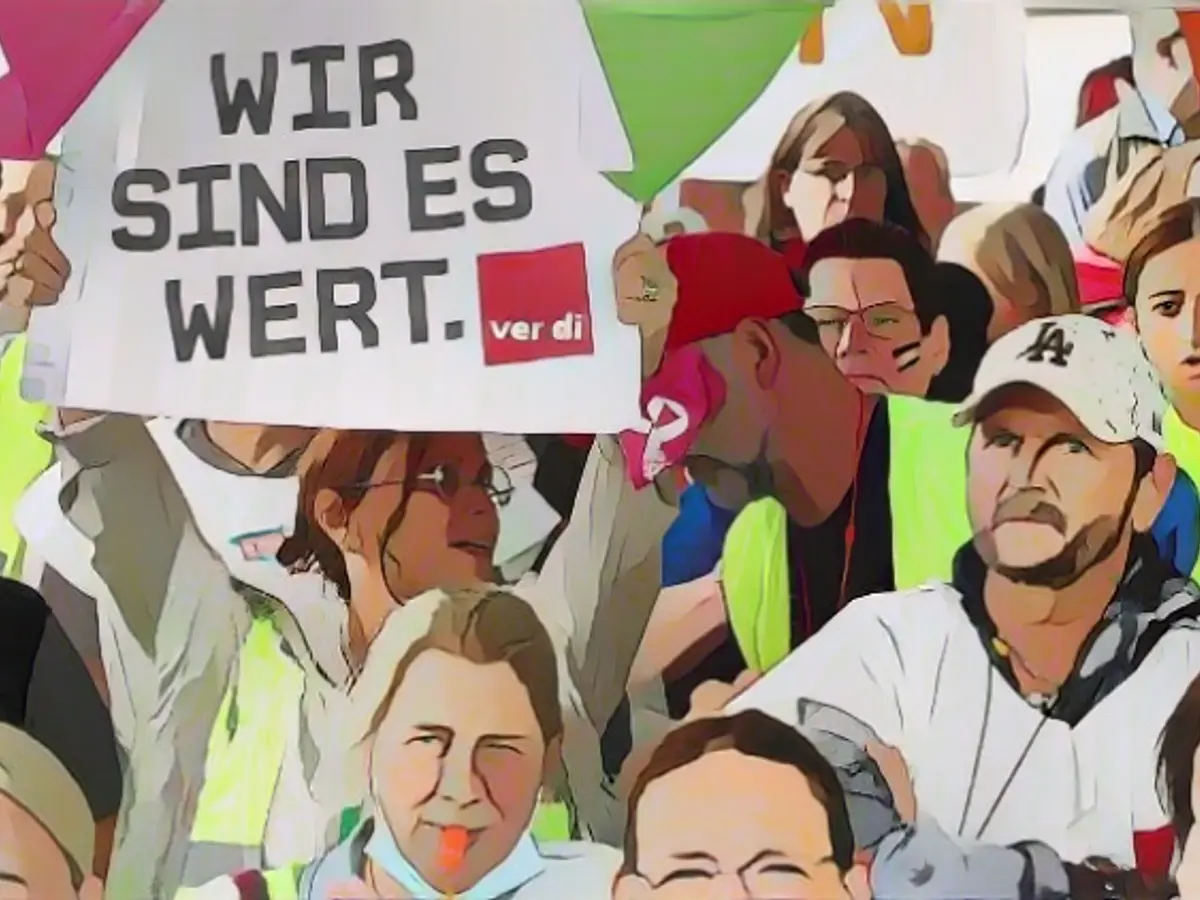University workers and mental health care staff stage warning strikes across Germany
Employees at university hospitals and psychiatric centers in multiple German federal states took part in a warning strike on Thursday, as negotiations over pay and working conditions in the public sector continue to stall. According to union Verdi, demonstrations and work stoppages took place in North Rhine-Westphalia, Baden-Württemberg, Lower Saxony, Bavaria, and Saarland, among other regions.
In Düsseldorf, Cologne, Aachen, Saarbrücken, and Hanover, university hospital staff organized warning strikes, while employees at seven psychiatric centers in Baden-Württemberg halted work. More than 1,200 workers participated in the Baden-Württemberg protests alone. The strikes are scheduled to continue on Friday, expanding to additional hospitals in Schleswig-Holstein and Mecklenburg-Western Pomerania.
Negotiations between the union and the federal states have been ongoing since late October, with two previously unsuccessful rounds of talks. Verdi announced it would increase strike action in various sectors in the lead-up to the third round of negotiations, set to begin in early December.
University staff and student assistants, in addition to trainees and other junior staff in the public sector, also went on strike this week. In Berlin, Hamburg, and Bremen, over 10,000 employees participated in warning strikes on Wednesday. The stoppages affected district and senate administrations, as well as daycare centers.
In North Rhine-Westphalia and Berlin, striking workers at university hospitals and psychiatric centers faced ongoing disputes over pay and benefits. Union Verdi has warned that if an agreement isn't reached soon, strikes may expand to nationwide action before the federal election.
The disruptions caused by these strikes have affected essential services across Germany. For example, rubbish collectors in Berlin will not empty bins, collect bulky waste, or manage recycling centers. Public swimming pools may also open late or not at all.
Union Verdi is advocating for increased wages, as well as additional holiday leave for public sector workers, with specific demands varying by industry. The union's efforts are part of a broader wave of industrial action across Germany, aimed at addressing long-standing financial and working conditions concerns for its members.
Enrichment Data
- Pay Negotiations: German union Verdi is representing thousands of workers, including those in the public sector and transport associations. Verdi is demanding pay increases across multiple industries, proposing an 8% wage increase or a minimum of €350 per month for public sector employees, along with additional holiday leave.
- Public Sector Strikes: The strikes are not limited to transport workers. Employees in various public services, such as hospitals, psychiatric centers, and essential services, are also participating. For example, nurses at Charité and Vivantes hospitals in Berlin will strike, leading to the postponement of non-emergency appointments.
- Union Demands: Verdi has indicated it will escalate the strikes if no agreement is reached shortly. Verdi spokesperson Christine Behle warned that if an agreement isn't forthcoming, the industrial action might expand to nationwide strikes before the federal election.
- Impact on Services: The strikes are causing disruptions in essential services, including rubbish collection, public swimming pools, and hospital operations. In Berlin, trash collectors will not empty bins, collect bulky waste, or operate recycling centers. Additionally, public swimming pools may open late or not at all.
- Broader Context: The strikes are part of a broader wave of industrial action across Germany, driven by union Verdi's efforts to address the financial and working conditions of its members. Verdi is seeking to negotiate better pay and working conditions, which are critical for maintaining the quality of public services.




